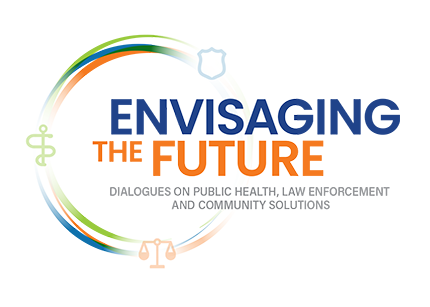
Abstract
This comparative study analyses the implementation of policies on so-called ‘problem drugs’ (crack cocaine and heroin) for the cities of Amsterdam (in the Netherlands) and Porto Alegre (in Brazil). Using a variant on the street level bureaucracy approach, the study assumes that workers’ discretion has a central role in understanding the processes through which official public policies come into grounded existence. Workers’ discretionary choices involve the creation of strategies to cope with the gaps between the goals and expectations from official policies and the actual conditions of work at the street level. In the case of drug policies, this also includes negotiating between different approaches towards people who use drugs, which range from human rights and health care for users to law enforcement to ensure public order. Workers engage with organizational rules, goals and regulations plus other workers and users in making discretionary decisions on both problem definitions and possible solutions for drug use. All these factors are found to shape the ways in which workers’ discretion is exercised. The research focuses on State supported workers in the social, health and law enforcement fields to analyse the dilemmas workers encounter in their daily interactions with drug users, and how they develop strategies to cope with them. More specifically, it looks at how dilemmas and strategies vary across workers’ different working territories, differing interpretive beliefs around drug use, levels of support and constraints coming from their organizations, differing patterns of collaboration within and between sectors, and experiences of relationship with drug users.






